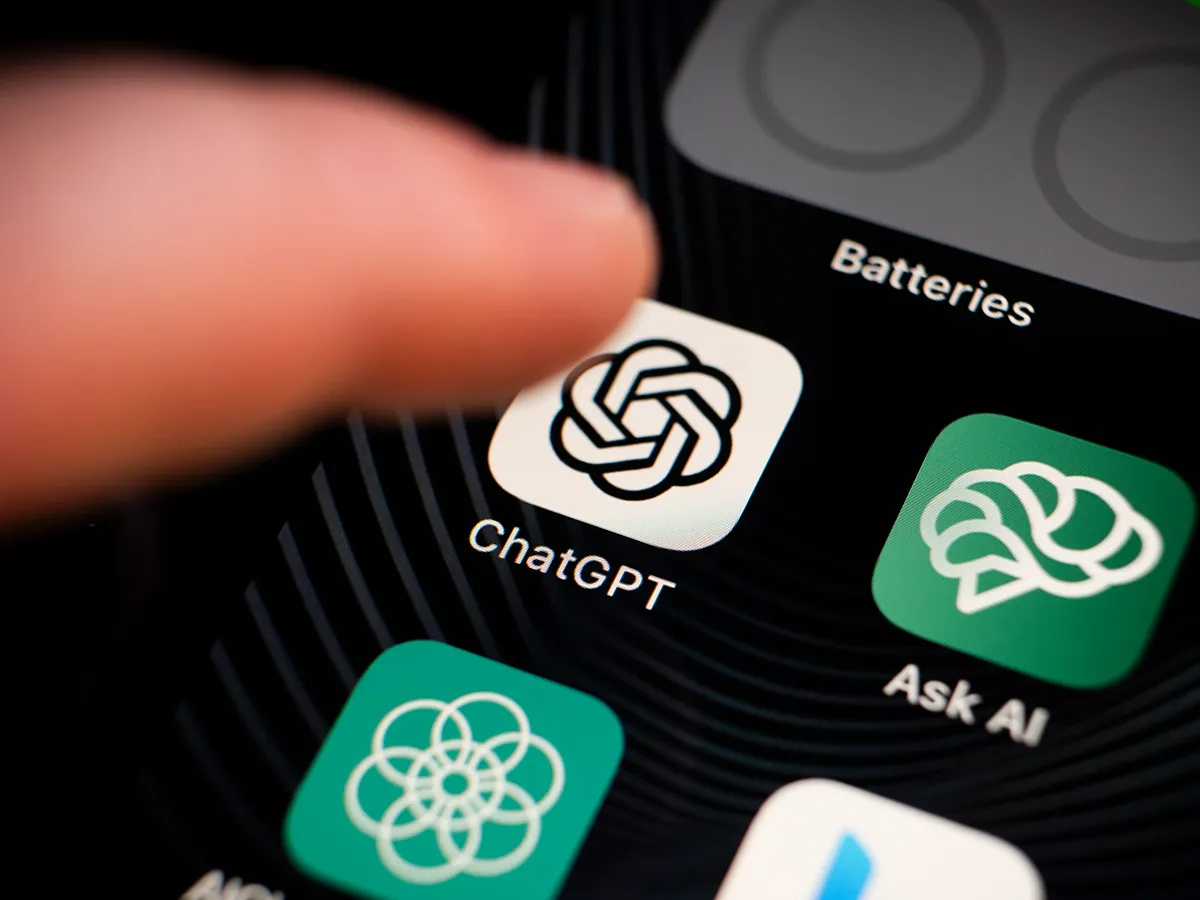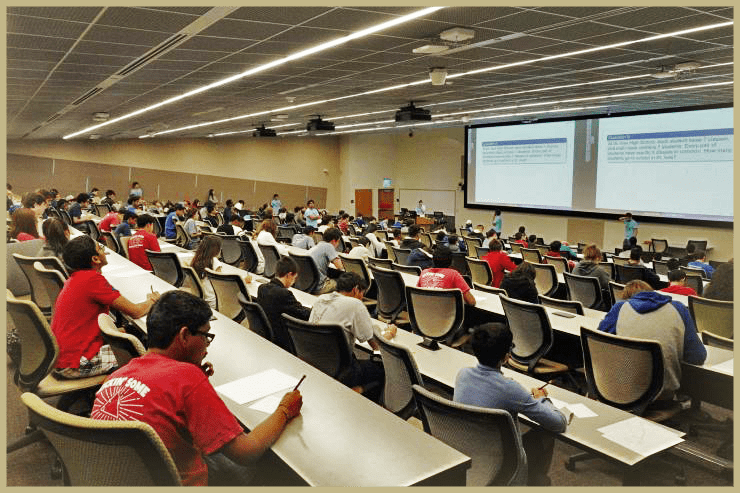In an era defined by technological advancements, AI’s integration has sparked debates, excitement, and apprehensions alike. As AI integrates deeper into our daily lives, questions about its ethical implications, potential job displacement, and the erosion of human expertise have sparked debates worldwide. Despite these challenges, AI continues to show immense promise in enhancing efficiency, improving outcomes, and driving innovation. Positioned as an extraordinary tool, AI (when used correctly and appropriately) can advance society particularly in the realms of education, employment, and healthcare.
Here are ways that AI can be used to improve different fields and aspects of society:
AI in Education: Teachers work an average of 50 hours a week, with only half of that time spent on actual students. The rest is spent on grading, administration, planning, making assignments, and often-unmentioned data analysis. With the use of AI, teachers can expedite the grading process, plan out lessons months in advance with ease, and compare test scores between students and classes with little to no effort. According to weforum.org, teachers who use AI in their classrooms have up to 20-30% more time to work directly with their students. Students can even use AI to summarize information and generate ideas for writing assignments. There is some concern that AI may ruin education because it will grant everybody the ability to cheat. The truth is, if someone was going to cheat, they would do it with or without AI. It is not going to break learning, as there are multiple ways to verify academic integrity. Jamil Ragland, a part-time tutor, even states, “If you want to verify a student’s skills, make the assignment handwritten and due in class. Then, let them use AI, just like how a math student uses a calculator to check their answers.”
AI in the Workplace: AI can expedite the more tedious parts of jobs, such as scheduling, and be used for assembly line work like packaging and mailing goods. Weforum states that it is used for material optimization on job sites to limit waste and to analyze potential hazards. It is being used to do more dangerous jobs that put human life at risk, such as bomb disposal, search and rescue, and even nuclear facility maintenance.
AI in the Medical Field: AI systems can analyze medical images, such as X-rays and MRI scans, to detect abnormalities and assist healthcare professionals in diagnosing diseases earlier and more accurately. According to corsera.org, AI can even be used to prescribe medication and eliminate the risk of doctors overlooking allergies and adverse side effects of mixing certain medications. Are doctors going to be less qualified? While AI can greatly benefit the medical field, a major concern would be doctors not knowing what they are doing. The truth is that with AI, medical professionals may become reliant on it, and this is a real concern, as nobody wants a ChatGPT doctor. But, as stated earlier, especially when it comes to education, there are lots of ways to verify knowledge, and surely some methods will be and already are implemented to quality control medical professionals.



















